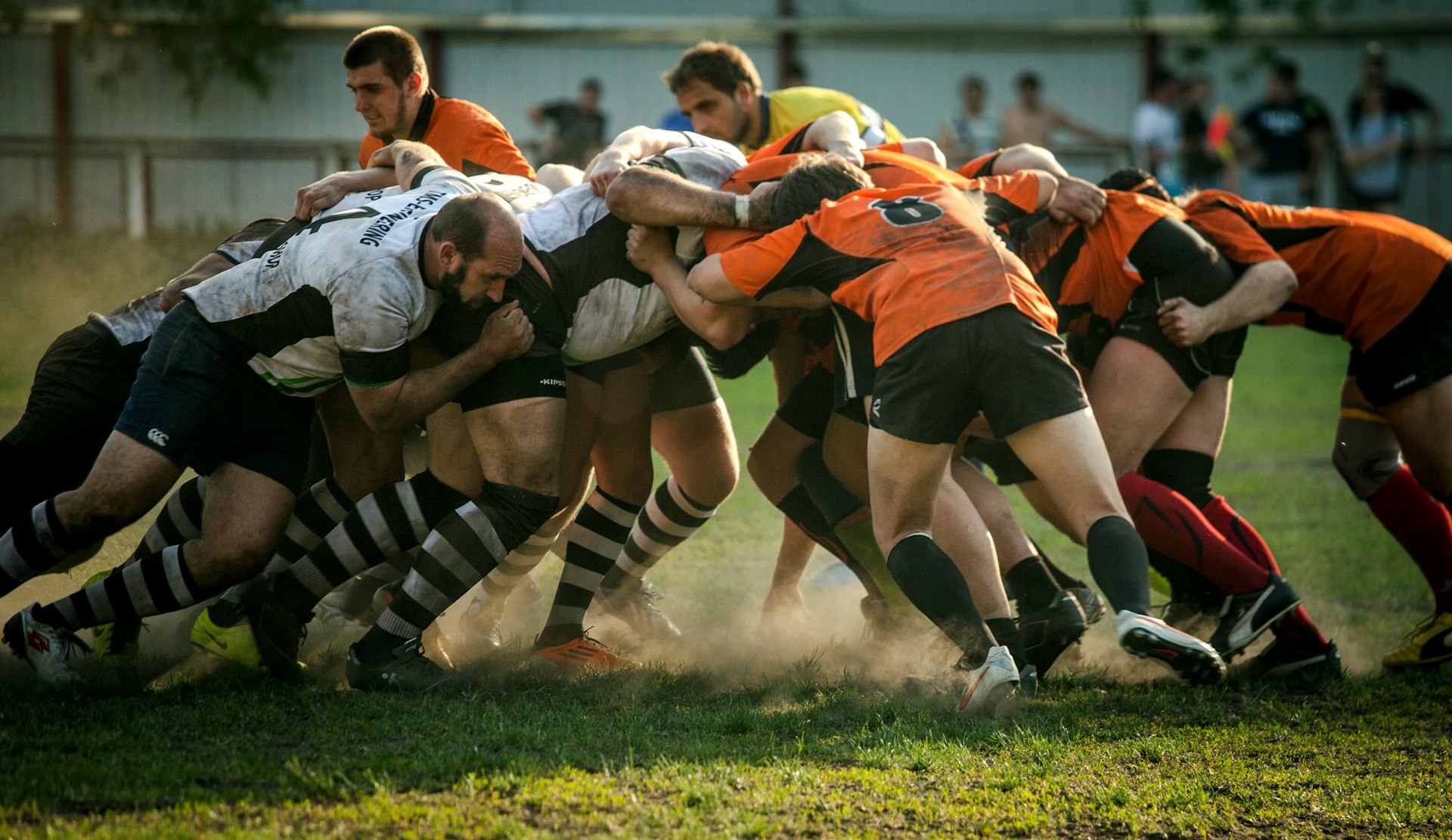How Social Justice Movements Are Transforming Sports Culture

Photo by Jacob McGowin on Unsplash
Introduction
Social justice movements have become a driving force in sports culture, influencing leagues, teams, athletes, and communities. In recent years, athlete activism and league-led initiatives have brought issues like racial inequality, gender equity, and cultural inclusion to the forefront of public consciousness. This article explores the impact of these movements on sports culture, examines major case studies, addresses challenges, and provides actionable guidance for stakeholders who want to support or engage with social justice efforts in sports.
The Emergence of Athlete Activism
Athlete activism is not a new phenomenon, but its visibility and impact have grown significantly. Historically, figures such as Jesse Owens, Muhammad Ali, and Jackie Robinson used their platforms to challenge racial barriers and promote civil rights. Today, modern athletes leverage social media and their celebrity status to amplify social justice messages, reaching global audiences instantly [5] .
One of the pivotal moments in recent sports history was Colin Kaepernick’s decision to kneel during the national anthem in 2016, protesting racial injustice and police violence in the United States. Kaepernick’s action sparked a nationwide conversation, with athletes across different leagues joining the movement. While his protest led to significant backlash and effectively ended his NFL career, it also inspired a new generation of athlete-activists willing to take risks for social change [2] .
League-Led Initiatives and Organizational Change
Sports leagues and organizations have responded to social justice movements by implementing structural and programmatic changes. The NBA, for example, established a Social Justice Coalition comprised of players, coaches, and team governors to promote voting rights, criminal justice reform, and civic engagement. During the 2020 U.S. elections, NBA teams collaborated with local officials to convert arenas into voting centers, facilitating safe and accessible voting opportunities [1] .
Another notable initiative is the NBA Foundation, which has committed $300 million over ten years to support skills development and employment opportunities for Black youth in the U.S. and Canada. Similar efforts can be found in other leagues: The WNBA has supported social justice causes, the NHL’s “Hockey is for Everyone” campaign funds minority and low-income youth programs, and several teams have raised money for LGBTQ+ organizations [4] .
For those interested in participating or supporting such efforts, consider reaching out directly to league community relations departments, joining local fan engagement initiatives, or volunteering with partner organizations. You can search for “NBA Foundation community programs” or “Hockey is for Everyone NHL” to find official opportunities and contact methods.
Impact on Sports Culture and Society
Social justice movements have profoundly shaped sports culture in several ways:
-
Increased Awareness:
Athletes’ public stands against injustice have brought critical issues to the mainstream, encouraging fans and communities to engage in dialogue about race, gender, and equality. -
Cultural Inclusion:
The presence and success of diverse athletes, such as Mo Salah’s positive impact on perceptions of Muslims in the UK, have fostered greater acceptance and reduced prejudice [1] . -
Institutional Changes:
Some leagues and teams have revised policies to support inclusion, representation, and fair treatment, including hiring practices and anti-discrimination measures. -
Community Engagement:
Sports organizations have launched mentorship, education, and empowerment programs targeting underrepresented groups [4] .
While many changes are symbolic-such as athletes wearing statements on jerseys-these gestures can prompt tangible shifts in public opinion and, over time, drive institutional reform [3] .
Challenges and Backlash
Despite progress, social justice activism in sports faces significant hurdles. Athletes who speak out often encounter criticism, threats to their careers, or public backlash, as seen with Kaepernick. Some fans and commentators argue that sports should remain “apolitical,” leading to polarized environments and potential loss of sponsorship or support [2] . Additionally, while league-led initiatives are impactful, critics note that some changes remain largely symbolic without accompanying policy or structural reforms [3] .
For athletes and organizations aiming to navigate these challenges:
- Build alliances with advocacy groups or legal advisors familiar with athlete rights and freedom of expression.
- Develop clear communication strategies to articulate the goals and benefits of social justice initiatives.
- Engage in dialogue with fans and local communities to address concerns and build understanding.
Alternative approaches include focusing on grassroots efforts, such as community clinics, youth programs, and educational workshops, which can have lasting local impact even without league-wide endorsement.
Accessing and Supporting Social Justice Initiatives in Sports
Individuals and organizations interested in supporting social justice in sports culture have several pathways:
- Volunteer with programs run by major leagues, such as the NBA Foundation or NHL’s “Hockey is for Everyone.” Search for these organizations’ official websites or contact their community outreach teams for current opportunities.
- Participate in local or school-based sports equity programs. These may be organized by city recreation departments, nonprofits, or school districts. Ask your local government office or search for “youth sports inclusion programs” in your area.
- Advocate for inclusive policies within community leagues by attending board meetings, proposing diversity training, or supporting anti-discrimination measures.
- For athletes and coaches, seek out training and resources on effective advocacy and social justice leadership. Many athletic associations offer workshops or partner with civil rights organizations.
To get involved in broader movements, consider joining established organizations that work at the intersection of sports and social justice, such as the Ross Initiative in Sports for Equality (RISE). For official information, search for “RISE sports equality programs” or contact national governing bodies for guidance on recognized partners.
Case Studies: Real-World Impact
NBA and Voting Rights:
In the 2020 U.S. elections, the NBA’s partnership with local officials to use arenas as polling places increased voter access for thousands of citizens, particularly in urban communities
[1]
.
Colin Kaepernick and NFL Protest:
Kaepernick’s protest led to a broader movement among NFL players and beyond, highlighting racial injustice and prompting the league to commit resources and public messaging campaigns in support of social change
[2]
.
WNBA and Planned Parenthood:
The Seattle Storm’s fundraising in support of Planned Parenthood and the league’s collective action on social issues demonstrate the power of coordinated team activism
[4]
.

Photo by Winston Chen on Unsplash
Mo Salah and Cultural Inclusion:
Studies have found that Mo Salah’s presence and success at Liverpool FC helped reduce anti-Muslim sentiment among fans, illustrating how representation can shift cultural perceptions
[1]
.
Key Takeaways and Next Steps
Social justice movements are transforming sports culture by raising awareness, promoting inclusion, and inspiring both symbolic and practical change. While challenges remain, the combined efforts of athletes, leagues, and communities are paving the way for greater equity and opportunity. To support or engage in these movements, individuals can volunteer, advocate, or seek training through official league programs, community organizations, and advocacy groups. When looking for opportunities, use targeted search terms and consult official league or nonprofit websites for verified programs and contact information.
References
[1] World Economic Forum (2021). How sports can bring us together and drive social justice.
[2] Breakthrough (2021). Social Justice Activism in Sports.
[3] Annual Reviews (2024). Sports, Race, Social Movements, and Social Change.
[5] Ohio State University (2023). Athletes pave the way for others with activism.



